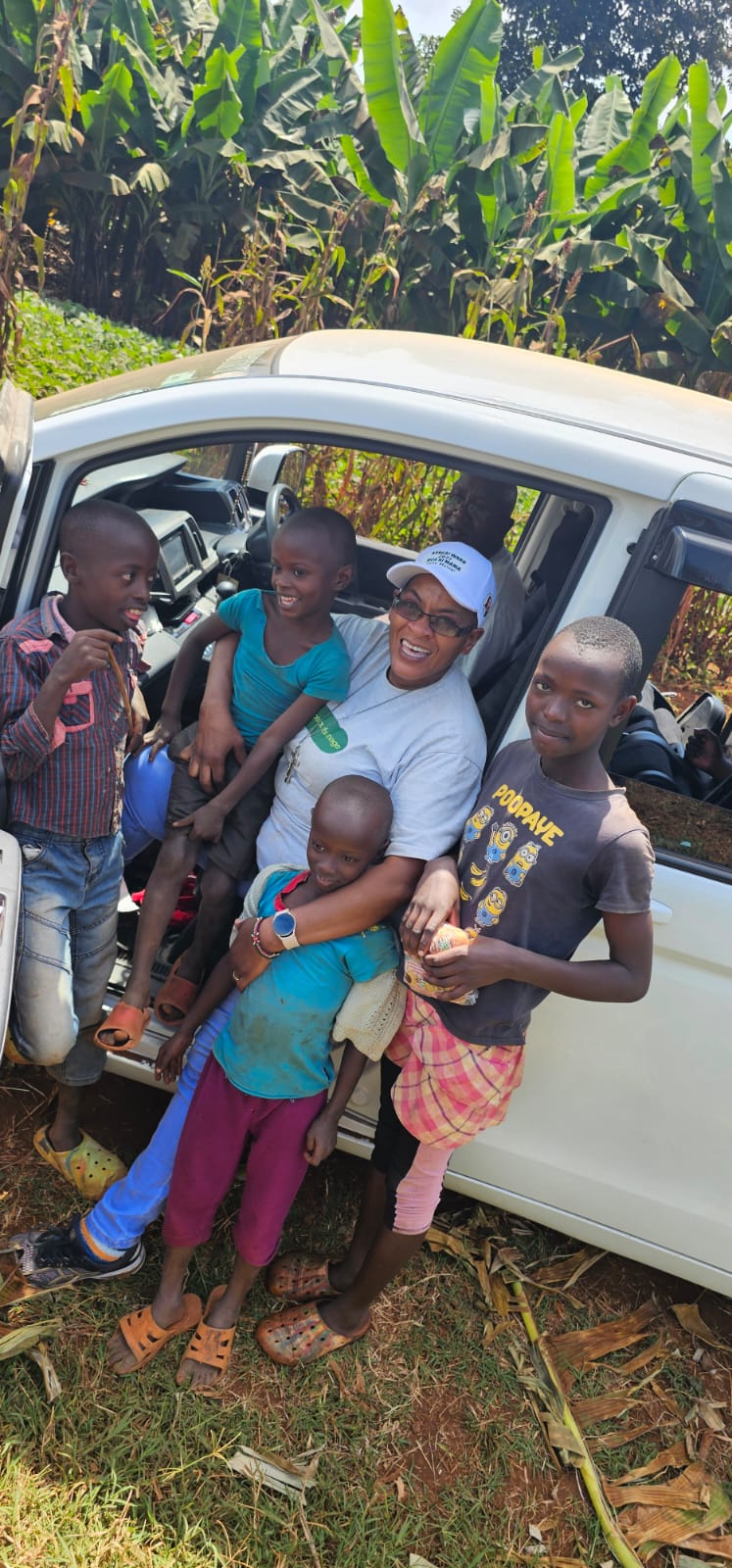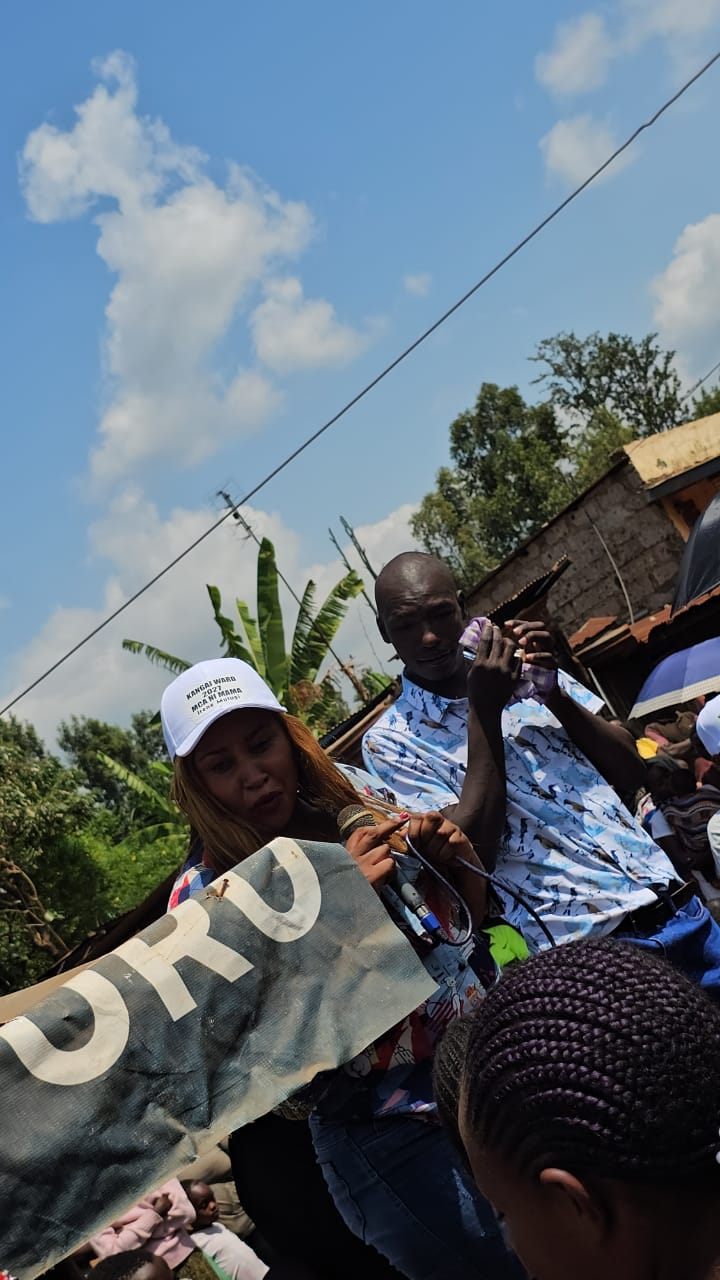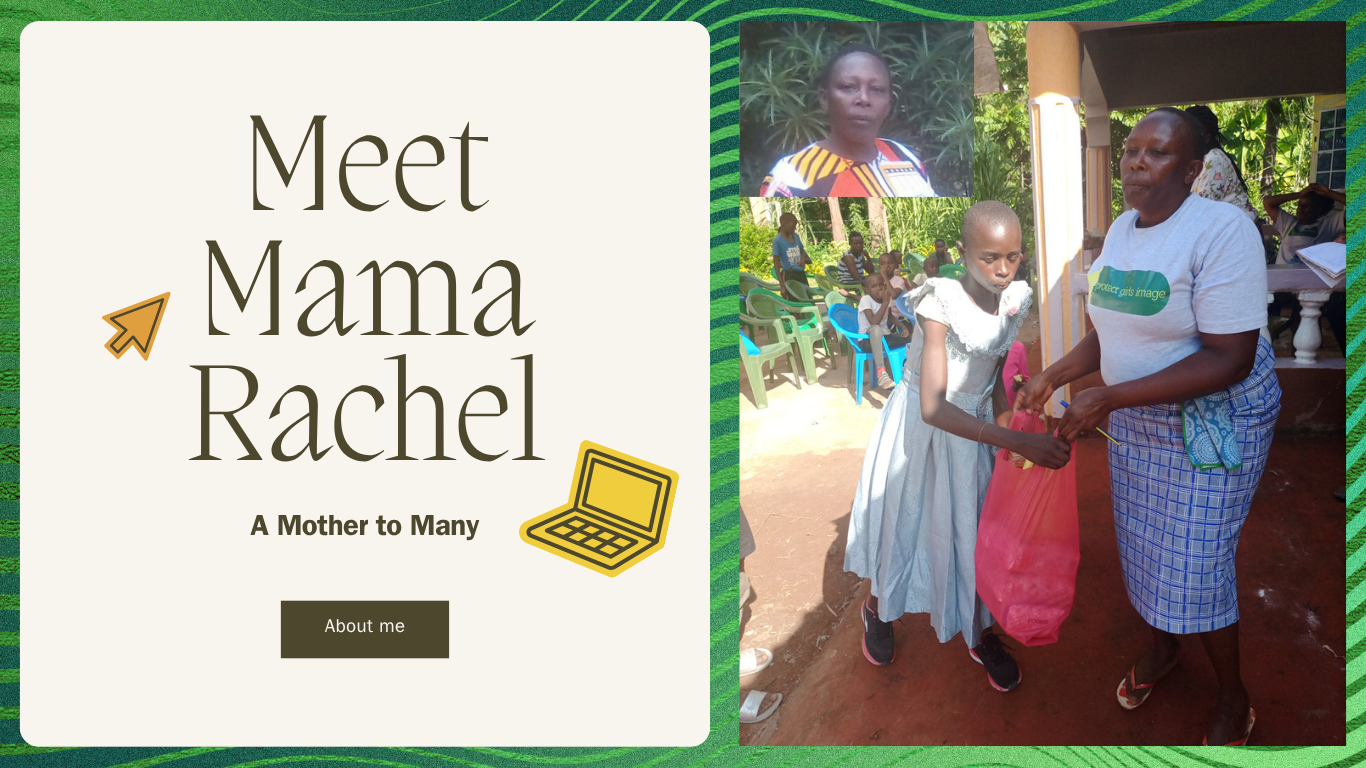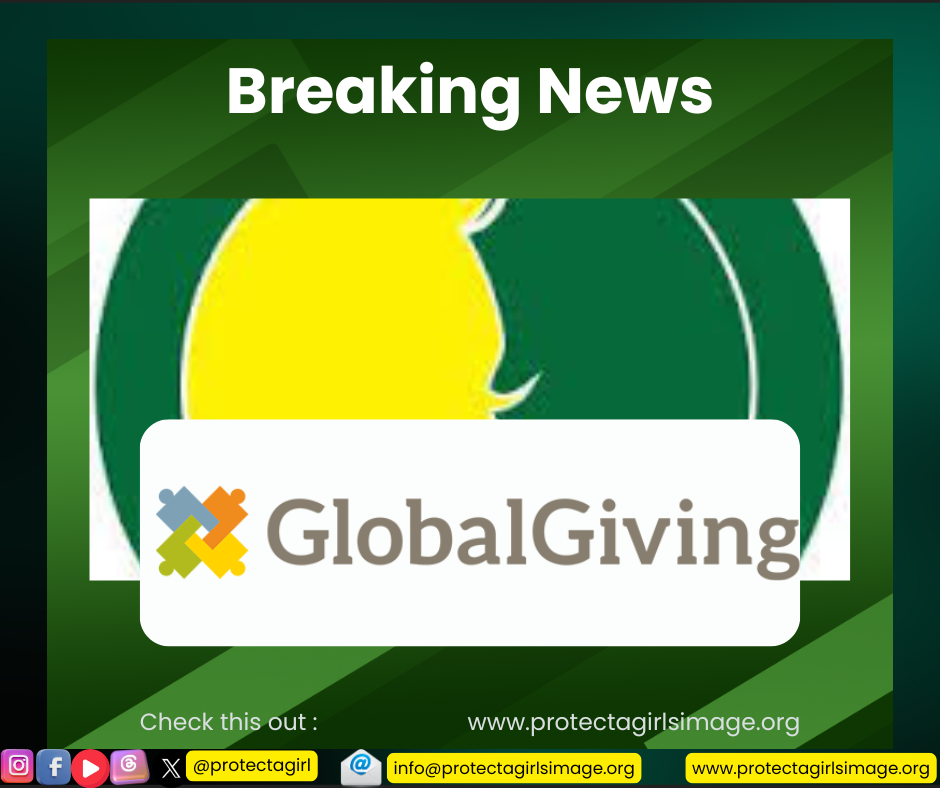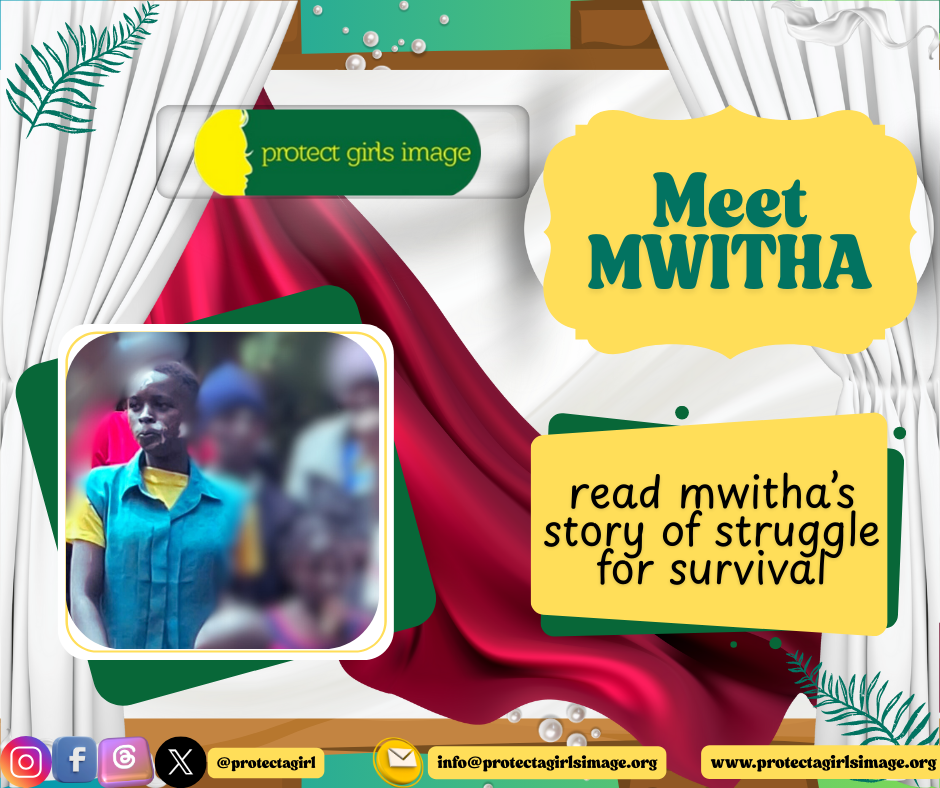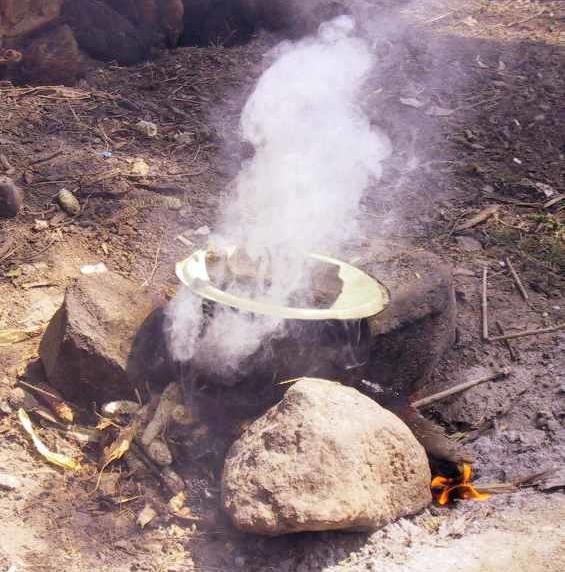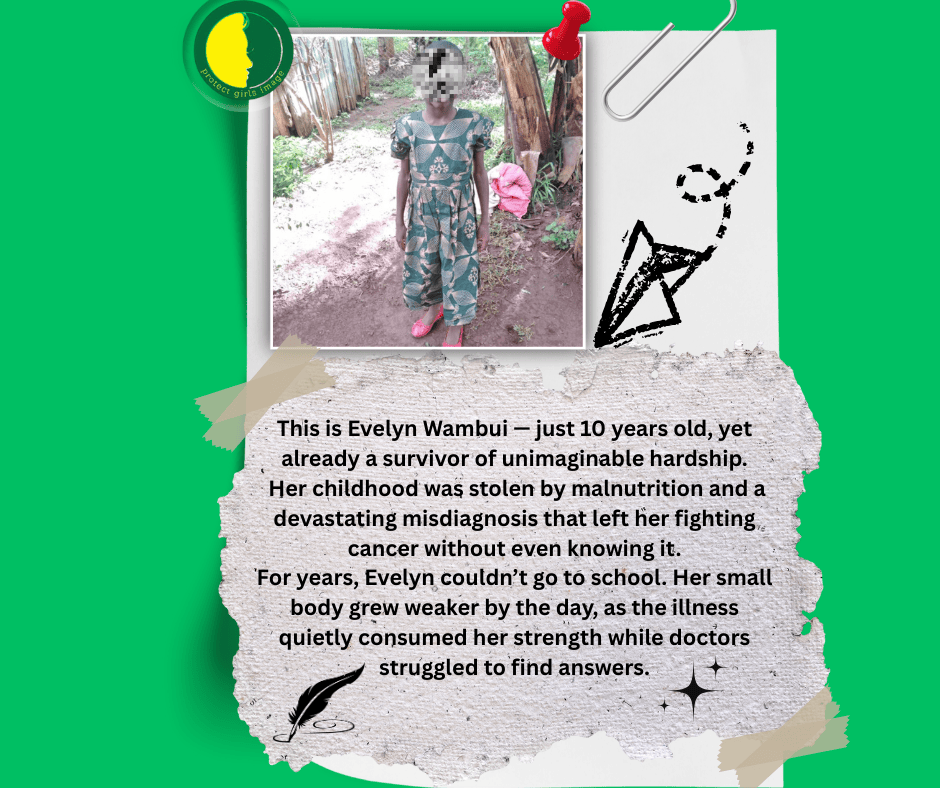And Let All Children Come to Me:
Why Every Child Deserves to Be Seen, Heard, and Protected
At Protect a Girl’s Image Organization (PGIO), these words speak directly to the heart of our mission: “And let all children come to me.” These are not just words to us. They are a call. A sacred responsibility to open our arms, hearts, and doors to every child in need of protection, healing, and hope.
Children Are Not Just the Future—They Are the Now.
Every day, countless children around us are robbed of their innocence through neglect, abuse, exploitation, and poverty. Far too often, their cries go unheard. At PGIO, we believe that no child should ever feel invisible. Every child deserves to feel safe, seen, and cherished.
Our work is rooted in compassion. It is driven by the conviction that restoring dignity to a child today builds the foundation for a stronger, more compassionate tomorrow.
What Does It Mean to Let All Children Come to Us?
It means welcoming the vulnerable. It means offering a safe space for those who have been silenced by trauma. It means being the voice for the voiceless and standing fiercely in the gap for the defenseless.
It is in the quiet conversations during our counseling sessions.
It is in the laughter we hear when children feel safe enough to play again.
It is in the confidence we help rebuild when we say, “You matter. You belong. You are loved.”
Restoring Dignity Through Action
At PGIO, we don’t just speak about change, we live it. Through our programs, we provide:
- Education support to keep children in school and away from dangerous streets.
- Counseling and psychosocial care for children recovering from trauma, loss, and abuse.
- Safe shelters provide protection and stability for those in need.
- Community outreach that educates families and caregivers on the rights and needs of children.
- Empowerment initiatives to equip children with skills, hope, and resilience.
We open our doors because we know healing begins with a simple, powerful truth: every child deserves love without conditions and protection without question.
How You Can Help Answer This Call
The journey to protecting children is not one we can walk alone. Whether you are a parent, teacher, neighbor, donor, or volunteer, your role matters. Together, we can ensure that no child feels forgotten, unloved, or unworthy.
You can support PGIO by:
- Volunteering your time or expertise
- Donating to fund school fees, counseling, and safe shelters
- Sharing our message to raise awareness
- Becoming an advocate for children’s rights in your community
In Closing: Love Has No Limits
”
Why Every Child Deserves to Be Seen, Heard, and Protected
At Protect a Girl’s Image Organization (PGIO), these words are not a slogan—they are a sacred call.
“Let all children come to me.”
This is the heartbeat of our mission. We are called to open our arms, our hearts, and our doors to every child in need of safety, healing, and hope.
Children Are Not Just the Future—They Are the Now
Every single day, children around us face the harshest realities—abuse, neglect, exploitation, trauma, and deep-rooted poverty.
Too often, their pain goes unnoticed. Their voices are silenced. Their dignity stripped away.
At PGIO, we believe no child should ever feel invisible. Every child deserves to feel safe. Every child deserves to be seen, heard, and cherished.
Our mission is built on compassion. A firm belief fuels it: when you restore dignity to a child today, you make a better, more compassionate world for tomorrow.
What Does It Mean to “Let All Children Come to Us”?
It means creating spaces where children feel safe again.
It means listening to stories shaped by trauma and responding with care, not judgment.
It means being the voice when they have none and standing boldly between harm and hope.
It looks like this:
-
The silent comfort of a counseling session.
-
The first laugh after months of fear.
-
The moment a child finally believes the words: “You matter. You belong. You are loved.”
Restoring Dignity Through Action
At PGIO, we don’t just talk about change—we show up. Every day.
Our child protection work includes:
-
Educational support that keeps children in school and out of danger.
-
Trauma counseling and psychosocial care for children healing from abuse and loss.
-
Safe shelters that offer stability and security when the home is no longer safe.
-
Community outreach programs that train parents, guardians, and leaders on children’s rights and protection.
-
Empowerment initiatives that build skills, confidence, and resilience in every child we serve.
Because real healing begins with one powerful truth: every child deserves love without limits, and protection without question.
How You Can Be Part of This Mission
Child protection is not a one-person job. It takes all of us—parents, teachers, neighbors, donors, and volunteers.
Your voice matters. Your support saves lives. Together, we can build a world where no child feels forgotten or unworthy.
Here’s how you can join us:
-
Volunteer your time, skills, or mentorship.
-
Donate to fund counseling, school fees, and safe shelters.
-
Raise awareness by sharing our message across your networks.
-
Speak up—be an advocate for children’s rights in your community.
In Closing: Love Without Limits
“Let all children come to me.”
This is more than a scripture—it’s a declaration that every child deserves love, dignity, and protection.
Not just some. All.
At PGIO, we will continue to open our arms to every child in pain.
We will continue to be a place of healing, restoration, and hope.
We will continue to say, with every action: You are safe here. You are seen. You are loved.
Together, we protect. Together, we heal. Together, we restore.
